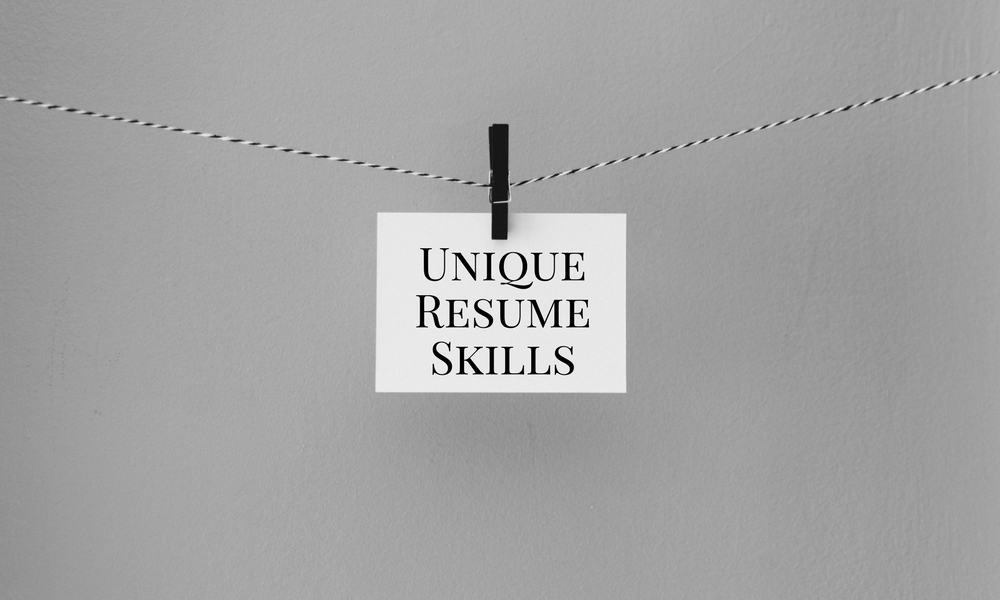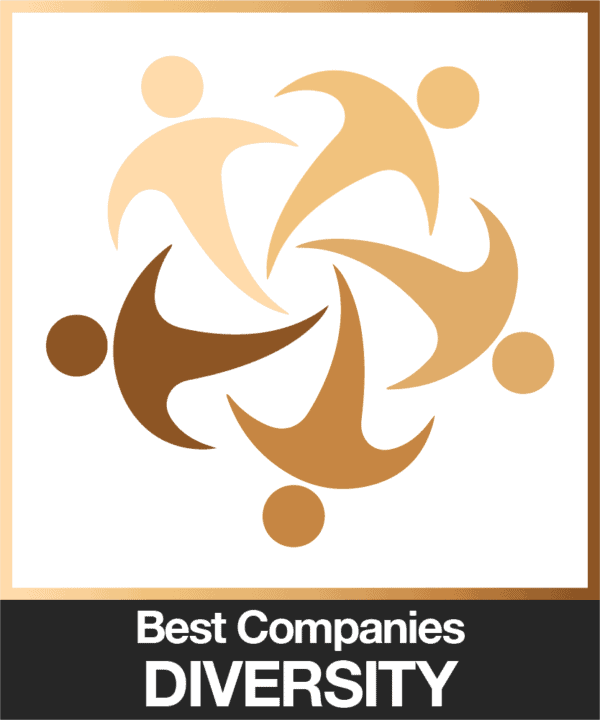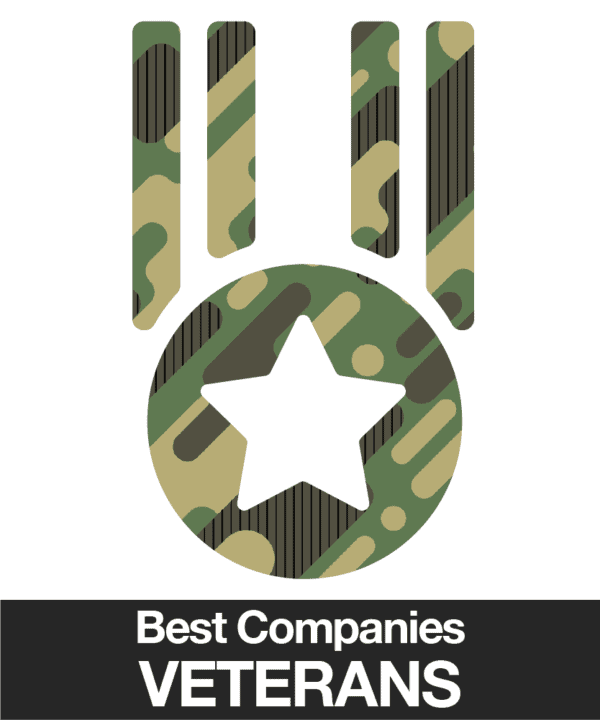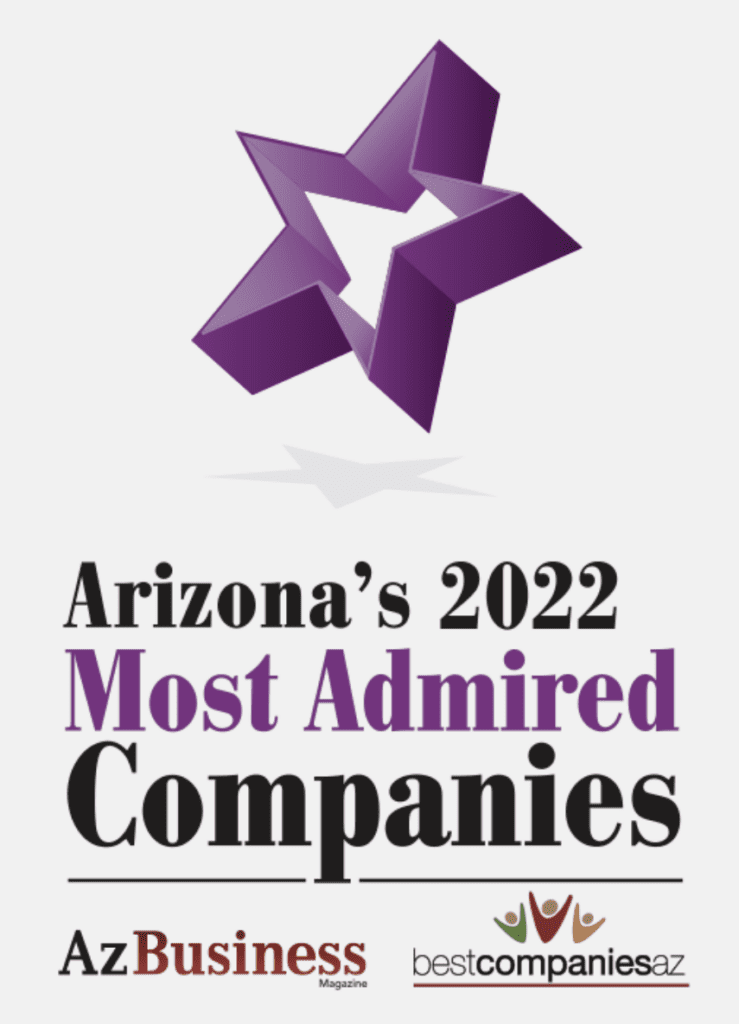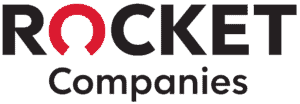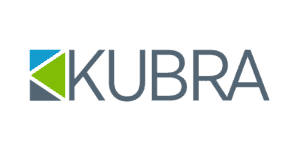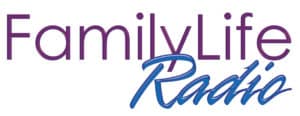The year 2021 had some of the highest quit rates in recent American history. Dissatisfied, many employees simply had enough and left for better jobs elsewhere. Although many workers had been scrambling to get any job available when the COVID-19 pandemic struck, people have started looking at employment in a whole new light. Now they’re more interested in getting a job they love rather than just a paycheck. Employers are taking note, and many are looking for employees with skills that will set them apart from the crowd.
If you’re within that chunk of the workforce that’s yearning for a change, it may be time to spruce up your resume and kick off the job hunt. One facet of the process? Try adding some unique skills and strengths outside of listing your job experience. Weave some flavor into your resume with interesting and attractive skills.
Hard Skills vs Soft Skills for Resume
This is a common issue that many job seekers struggle with, and it’s understandable why. Hard skills are skills that can be quantified or measured, such as programming, accounting, or even basic computer skills. These skills are typically more technical in nature and can be learned through training or education programs.
Alternatively, soft skills are often more nuanced skills that are difficult to quantify or measure. These skills are more about your personality and how you interact with others. Examples of soft skills include things like teamwork, communication, and adaptability.
While both types of skills are important for a resume, employers often give preference to those with solid soft skills, as these skills are harder to come by and therefore more valuable in the working world.
So, what skills should you list on your resume? We highlight our top recommendations in this article.
15 Best Skills For Resumes
Beyond basic bullet points like “great communicator” or “fluent in Spanish,” keep reading for our list of skills for resumes that get attention.
- Conflict resolution
- Critical thinking and problem-solving
- Interpersonal skills
- Teamwork
- Organizational proficiency
- Written communication
- Biased for action
- Digital technology proficiency
- Self-motivation
- Honesty and integrity
- Flexibility and adaptability
- Creativity
- Public speaking
- Data analysis
- Project management
As with any resume skill, be sure to back up your claims with real-life examples. If you don’t have much professional experience, no sweat — you can always draw from examples from your personal life, like being the go-to problem-solver in your friend group or taking the lead on a class project.
Let’s dive deeper into what each of these skills on this list mean:
Conflict Resolution
Even if your field isn’t specific to mediating conflicts, it’s an inevitable part of any job in any workplace. Conflict resolution skills are a job requirement for several different types of positions, such as customer service or management.
Conflict within organizations can reduce productivity and create a difficult or hostile environment. This leads to unwanted turnover in employees or dejected morale. If you are able to mediate and diffuse conflict, it definitely encompasses a marketable skill to include on your resume.
Critical Thinking and Problem Solving
Critical thinking involves the original evaluation of data, facts, ideas and creative proposals. The ability to think critically entails one of the most sought-after qualities that employers look for in job candidates. For instance, employers list this skill as a job qualification in a broad range of job postings. Regardless of the position for which you are applying, critical thinking skills will be an in-demand asset.
Interpersonal Skills
Interpersonal skills, more casually known as people skills, essentially describe the ways in which you communicate and interact with people. To recruiters, interpersonal skills prove one of the top criteria used to evaluate candidates. Regardless of your field, the majority of careers require consistent, usually constant, interaction with other people. While you may excel in the technical aspects of your job, it’s vital that you display good people skills and are able to communicate well. Emphasizing strong interpersonal strengths is a good way to include unique skills on your resume.
Teamwork
While it may seem obvious, as being a team player is usually part of any position, demonstrating your ability to collaborate and participate in teamwork is important and will paint you as an attractive candidate.
Even if you complete the bulk of your job duties alone, you will still need to think of your work in the context of the company’s larger goals and mission. This includes communicating your accomplishments to coworkers at the organization and working alongside them to produce the best results. Highlight teamwork as one of your resume skills to display a unique, coveted asset.
“Are you a team player?” Here’s how to answer this common interview question.
Organizational Proficiency
Organizational skills are some of the most significant and transferable capabilities an employee can acquire. They encompass a set of skills that help a worker plan, prioritize and achieve his or her goals. The organizational skills you want to market go beyond basic filing and sorting paperwork; rather, how do you approach a long to-do list? Furthermore, how do you ensure your work is completed in a timely, adequate manner?
The ability to keep work organized allows employees to focus on different projects without getting disoriented or overwhelmed, overall increasing productivity and efficiency in the workplace. Hiring managers look for employees who not only keep their emails and desk organized, but those who can also adjust quickly to the organizational structure of a company.
Written Communication
This unique skill for a resume is the number one desired attribute that employers are looking for in recently graduated students. No matter where you are in your career, written communication is becoming increasingly important as correspondence shifts from in-person meetings to online via messaging and emails. Written communication skills allow employees to better work in a remote environment and to correspond with customers and coworkers. What employer wouldn’t want that?
Bias for Action
Managers don’t want to have to micromanage their teams. Having a strong bias for action means you are confident to make the right decisions that align with your company and position without having to consult a higher-up every step of the way. You don’t have to be in a management position to take charge of your responsibilities and get work done. Don’t wait for someone else to call you out.
Digital Technology Proficiency
With an increasingly digital workforce, technology skills are more important than ever. An employer would rather hire someone who knows how to efficiently navigate their emails, spreadsheets, and internal software than someone who spends twice as long doing it. Unfortunately, this demand for tech-savvy workers may lead to age discrimination in the hiring process. However, having a proven track record of this in-demand unique skill on a resume will give you a boost.
Self-motivation
Do you ask your manager if there is anything else you can be helping with once you’re done with your usual responsibilities? Do you find ways to innovate and improve the way your job is done? Employers love to see engaged and motivated employees that go above and beyond. Self-motivation shows you are willing to give that little bit extra above the status quo and other candidates.
Honesty and Integrity
Those who own up to their mistakes and never lie about a sick day will get extra points for honesty. Dishonest employees will eventually lose their management’s trust, meaning being looked over for promotions and potentially landing on the chopping block. This unique resume skill is also a great conversation starter in an interview because recruiters will be curious to know what exactly you mean by it and how you can prove it.
Flexibility and Adaptability
In today’s fast-paced, ever-changing workplace, flexibility and adaptability skills are essential to being successful. Employers know your skills will be tested when they place you in a new role or expect you to master something unfamiliar. They need workers who can think on their feet and quickly change course if an unexpected situation arises. Consequently, these skills have become some of the most important skills for a resume in recent years.
Creativity
No matter what skills you list on your resume, having some creativity will stand out to recruiters and also show that you’re the type of employee who takes initiative and can think outside the box. Employers want employees with original ideas who aren’t afraid to try new things, especially in a new workplace. If you can show them that you’ve got some creative skills under your belt, they’ll be eager to hire you!
Public Speaking
This unique skill for a resume often gets overlooked, but it’s actually quite important, especially in customer-facing roles. If you can show that you have the ability to clearly and effectively communicate your ideas in front of a group of people, you’ll be sure to impress potential employers. After all, not everyone is comfortable speaking in front of a large group.
Data Analysis
In today’s data-driven world, being able to analyze and interpret data is a valuable skill to have. Employers are looking for employees who can take raw data and turn it into actionable insights. If you can do this, you’ll be an invaluable asset to any company.
Project Management
Managing a project requires organizational skills, time management skills, and communication skills. If you can show that you’re able to effectively handle multiple responsibilities at once while keeping everyone on board with the project’s goals, employers will be clamoring to hire you.
These are just some of the unique skills for a resume that can help you stand out from the crowd. So if you’re looking for a job, be sure to develop these skills and include them on your resume.
Skills For Resume Frequently Asked Questions (FAQs)
Here are some of the most-asked questions about writing resumes that stand out:
1. What are the top skills to list on a resume?
There is no definitive answer to this question, as different skills may be more valuable in different industries or job roles. However, some commonly recommended skills include self-motivation, flexibility and adaptability, creativity, public speaking skills, data analysis skills, and project management skills.
2. How should I format my skills section on my resume?
There is no one-size-fits-all answer to this question, as the best way to format your skills section will depend on the skills you want to highlight and the layout of your resume. However, a common approach is to list your skills in a bullet point list under a separate “Skills” heading on your resume.
3. Are there any skills that are always valuable to list on a resume?
All the skills mentioned in this article would be great additions to your resume. Additionally, some skills that are gaining growing attention in the current job market, such as digital skills and data science skills, may also be worth including on your resume. However, it is important to tailor your skills section to the specific role and industry you are targeting when applying for jobs.
Looking for the next step in your career? Explore what positions Arizona’s top companies have available today.
BestCompaniesAZ features award-winning employers across the state who are constantly looking for local talent. These employers appreciate the uniqueness of each team member, meaning the unique skills on your resume won’t go unnoticed if you apply.
